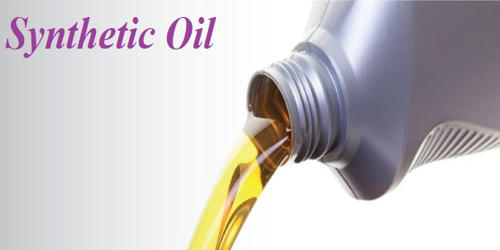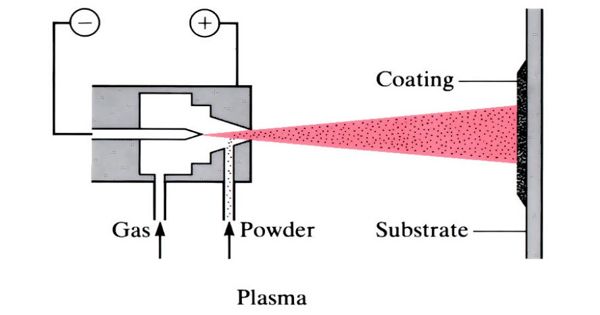Synthetic oil is nonetheless oil, though it is somewhat man-made. It is a lubricant consisting of chemical compounds that are artificially made. It is made from base oil, powder additives, and a carrier oil that enforces an even distribution of the additives. Synthetic lubricants can be manufactured using chemically modified petroleum components rather than whole crude oil, but can also be synthesized from other raw materials. Under a microscope, a drop of synthetic oil shows millions of molecules all nearly the same size and structure.
Synthetic oil was first developed in 1929. With technology and access to resources, it has refined to accommodate jets, high-performance vehicles, and everyday consumer vehicles. This oil was developed before the Second World War and saw widespread use in Germany. The invention of the jet engine with its high engine temperatures opened the way for the first wide-scale use of synthetic oils outside of wartime.
The base material, however, is still overwhelmingly crude oil that is distilled and then modified physically and chemically. These oils are created through complex processes, including being chemically developed from petrochemicals, to have the exact molecular qualities needed for a specific application. The actual synthesis process and composition of additives is generally a commercial trade secret and will vary among producers.
Uses
Synthetic oil is used as a substitute for petroleum-refined oils when operating at extreme temperatures. The benefits of synthetic oil arise, in part, because it has uniformly consistent properties, unlike crude oil, which is a mixture of hydrocarbons of varying molecular structure and size. Aircraft jet engines, for example, require the use of synthetic oils, whereas aircraft piston engines do not. Synthetic oils are also used in metal stamping to provide environmental and other benefits when compared to conventional petroleum and animal-fat based products. These products are also referred to as “non-oil” or “oil-free”. The chemical processes permit tight control of the molecular structure of PAOs and esters, ensuring the final oils have a uniform and stable properties.
Advantages of synthetic oils
- Superior temperature resistance – These oils can safely handle higher operating temperatures without breaking down.
- Better low-temperature performance – With easier engine starts in cold weather, synthetic oils are ideal for cold climates.
- Better engine protection – High-speed engine parts can shear additives as motor oil travels through the engine, thinning the oil. This helps synthetic motor oil maintain its viscosity grade, enabling it to withstand more extreme engine conditions and offering better engine protection.
- Lower oil consumption – These oils experience less “boil-off” than conventional motor oils. The lower evaporation rate translates to less oil consumption and higher oil-drain intervals of up to 30,000km.
- Cleaner engines – Synthetics don’t break down or sludge up as fast as ordinary mineral-based oils. This maintains lubrication efficiency during short city trips in winter.
















